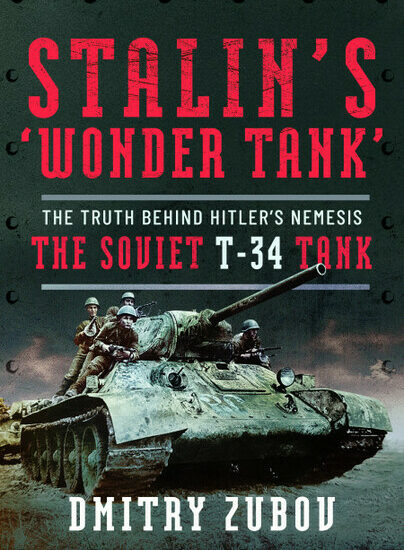The Quiet Hero: David Harrop and the Forgotten War
Author guest post from David Allison.
My work on the Korean war would have been infinitely poorer if I had not made contact with David Harrop. With the war in Korea now fading into the past and with few veterans remaining, it was a both thrill and an honour, to establish a lively correspondence with David, one of the veterans of the Middlesex Regiment who served in Korea in 1950/1951.
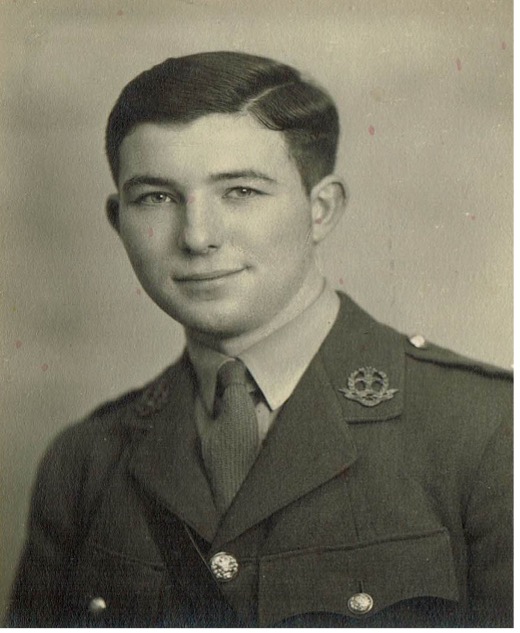
Fortunately for me, David was a very young Second Lieutenant with the 1st Battalion, Middlesex Regiment in Hong Kong when the war broke out in July 1950. He was so young, and a National Serviceman that he was prevented by government policy from sailing with the Battalion when it left Hong Kong in August 1950 bound for Korea. However, a few short months later, policies would be altered and in December 1950 he found himself leading his platoon in Korea.
His youth then was my fortune when it came to writing my book. Even now in his 90s, he is sharp witted, eloquent and a stickler for detail. A terrific correspondent and a historian’s delight!
David was able to provide me details of actions that are not captured anywhere else in the literature of the Korean War. The action at Hill 112 in February 1951 stands out. The battle was a short, brutish affair, that had the Chinese attackers overrunning David’s platoon in the dead of night as it sought to hold the forward edge of a series of hills it had only just captured earlier that day.
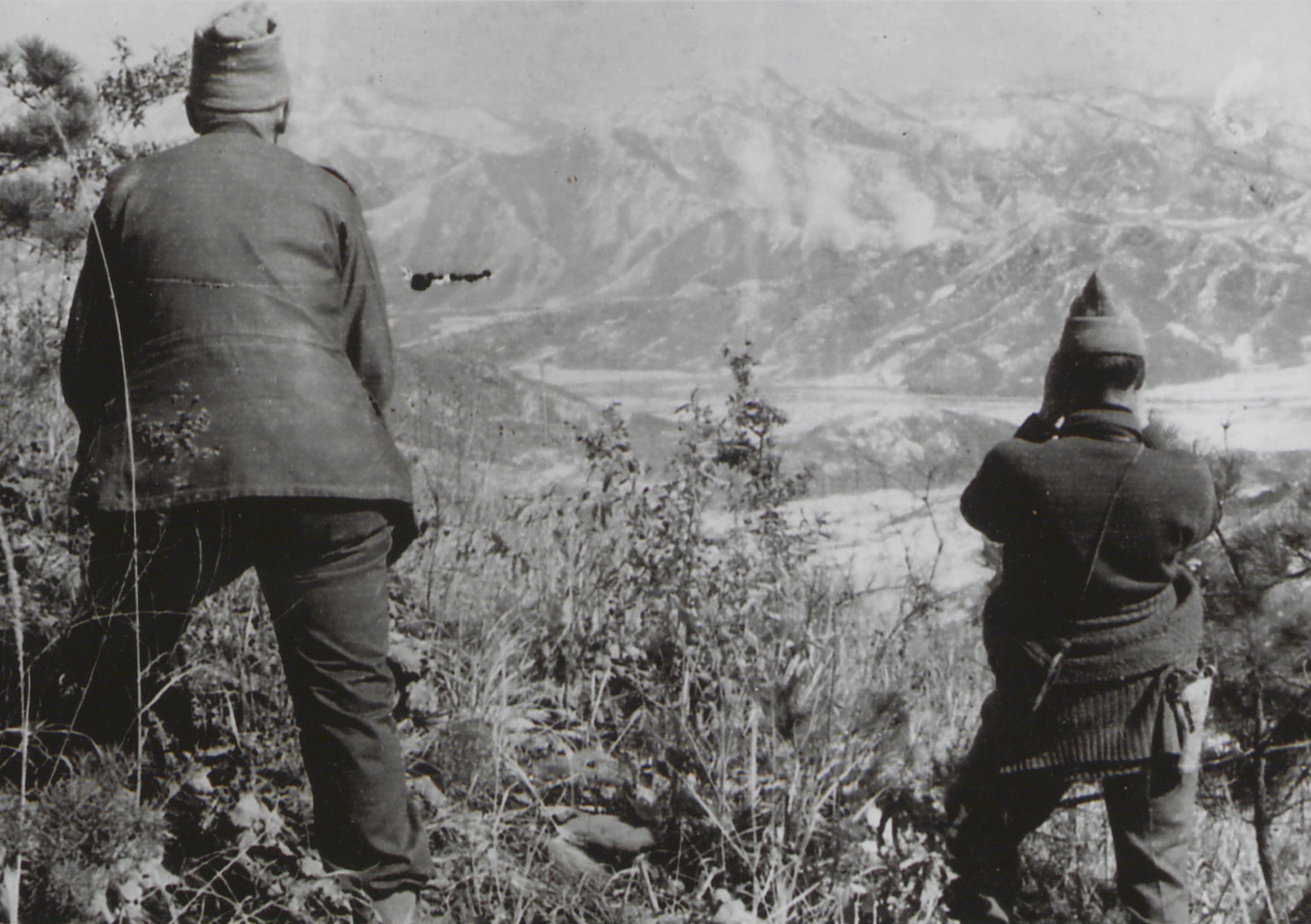
As David tells it:
It is quite impossible to describe accurately or in detail what happened in that
time. The main attacks, which came in waves, fell on “A” and “D” companies
who were at the northern end. The right flank platoon (my platoon) was overrun
after they had run out of ammunition, one section was temporarily taken prisoner
while the other two sections managed to pull back to higher ground. Everyone
stood their ground and there were many cases of hand-to-hand fighting.
Critically, David relayed to me of the actions of the New Zealand Forward Observers who were supporting him – Captain Roxburgh and Bombadier McCubbin. The Kiwi Artillerymen were somewhat taller that Harrop, so extra work was needed to deepen Harrop’s trench to accommodate them. While they might have grumbled at the time, no one complained when the New Zealanders called in a huge weight of accurate artillery fire onto the attacking Chinese that night, breaking up their assaults and eventually repelling the attackers. It was the close cooperation between the British and New Zealand troops that enabled them to prevail. Harrop stressed to me how grateful he was, and still is to this day, to Roxburgh and McCubbin who were later awarded the Military Cross and Military Medal respectively for their bravery in this action.
David’s recollections reinforced my theory that it was the combined effect of the 5 nations – British, Australian, Canadian, Indian and New Zealand – that made the Commonwealth Brigade such an effective fighting force. This combined strength and effectiveness is what made the Commonwealth Brigade one of the most capable formations in the UN command – an emergency response force and the Divisional ‘Fire Brigade’.
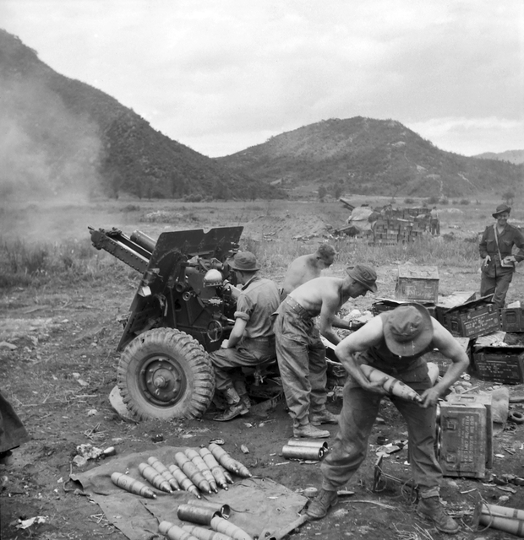
Correspondence with a veteran of David’s calibre not only makes your writing richer but can also save you from real clangers and making a fool of yourself. For example, with my Australian military background, I was used to referring to a soldier’s fighting position as a ‘gun pit’ or a ‘rifle pit’. Unbeknownst to me, this is not how the British troops referred to their fighting positions at this time in Korea, preferring to use the terms ‘trench’ or ‘slitty’. David put me right and I changed the text accordingly.
I am grateful to David and his great generosity in sharing his stories and his recollections. The Korean war has had an enduring effect on history both east Asia and the world. What happened there in the early 1950’s still matters today and deserves to be remembered. So too do quiet heroes like David Harrop.
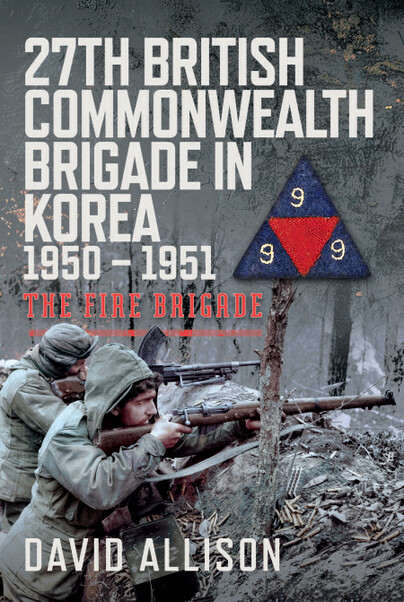
Order your copy here.

